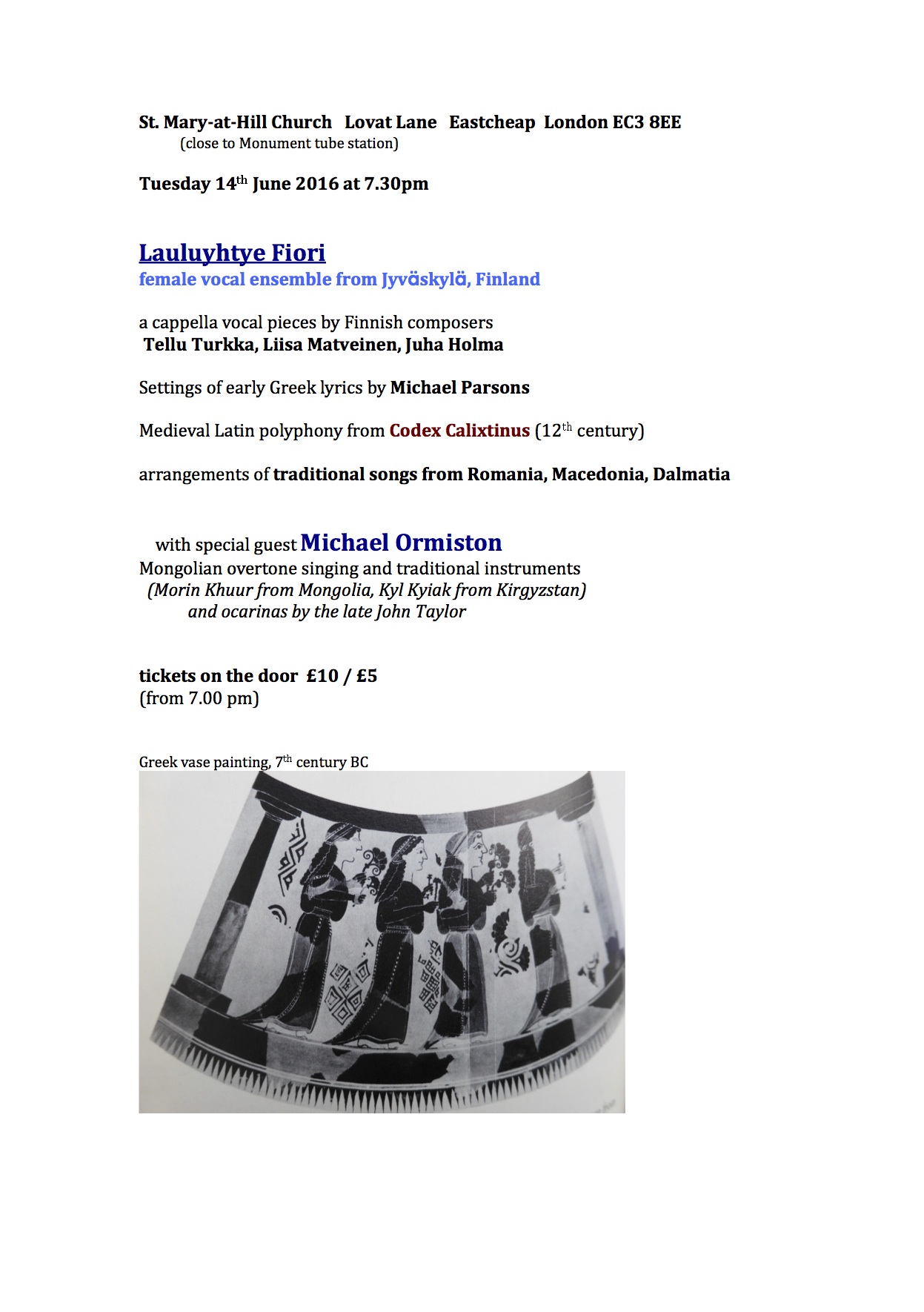Thanks to the nice people at the University of Michigan Press, we are able to make available an uncorrected draft of the chapter by Virginia Anderson, ‘Experimental Music after Nyman’.* This chapter was published in the book Tomorrow is the Question: New Directions in Experimental Music Studies, edited by Benjamin Piekut (Ann Arbor: University of Michigan Press, 2014), and has been uploaded onto Virginia Anderson’s Academia.edu page. This might make a nice taster for the book as a whole, which is available here. For now, here is the draft chapter: https://www.academia.edu/…/British_Experimental_Music_After… .
Here’s Virginia’s abstract:
Tomorrow is the Question presents an approach to experimental music designed to be different from that of the ‘first wave’ authors (David Nicholls, David Patterson, Christopher Shultis), by exploring a global, multi-ethnic, and postgenre scene beyond strictly Cagean music. The chapter itself begins by noting a radical difference in subject matter between Gavin Bryars’ foreword to the Ashgate Research Companion to Experimental Music (2009) and the book itself. This begs the question of what ‘experimental’ music actually is: the process and the resulting sound? Or is it cultural: the shared ethics and activity that tie musicians together as a group, regardless of the music they make? I compare the ethos and activity of the Scratch Orchestra, who appear in Michael Nyman’s Experimental Music: Cage and Beyond (1974) with the Leicester School of composers (which Bryars founded). The Leicester School music can sound classical, almost opposite to the ‘textbook’ definition of experimental music, yet its subject matter and presentation exemplify traits that are fully as experimental as Cage.
And Virginia also says, ‘Hope you enjoy it!’
* ‘After Nyman’ means after the 1974 publication of the book Experimental Music: Cage and Beyond by Michael Nyman. Michael Nyman is, of course, very active as a composer today, so there’s no question of ‘after’ Nyman the composer!

